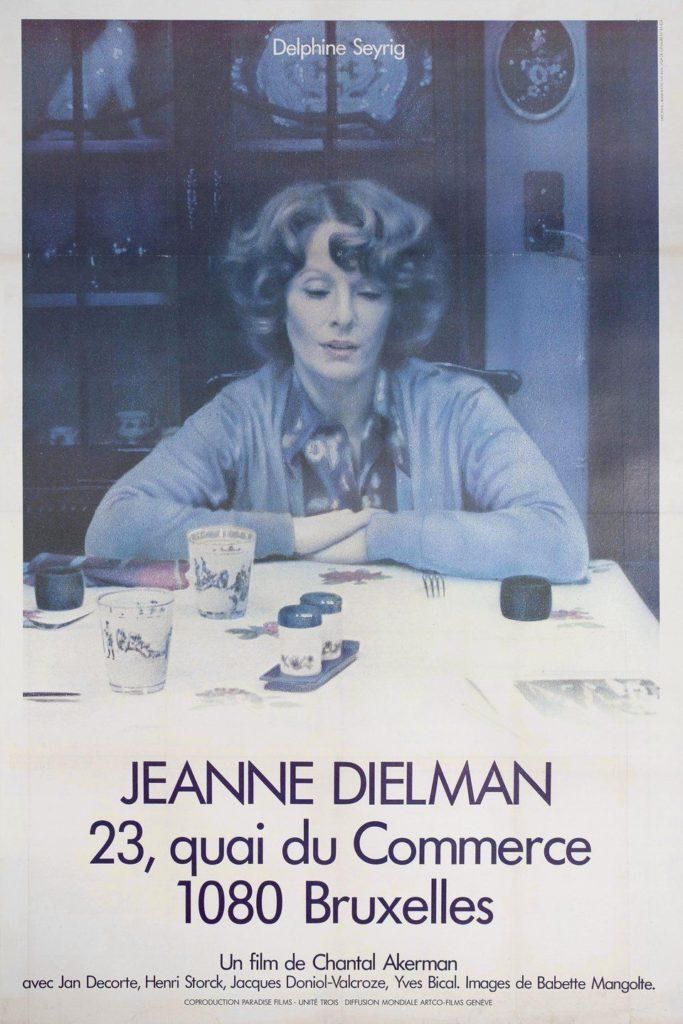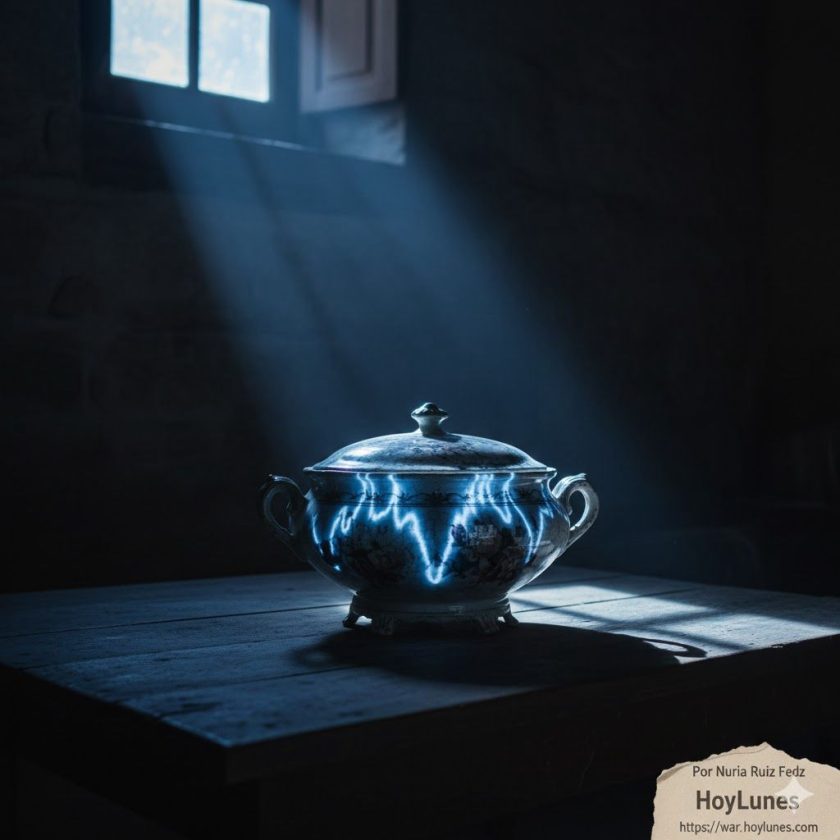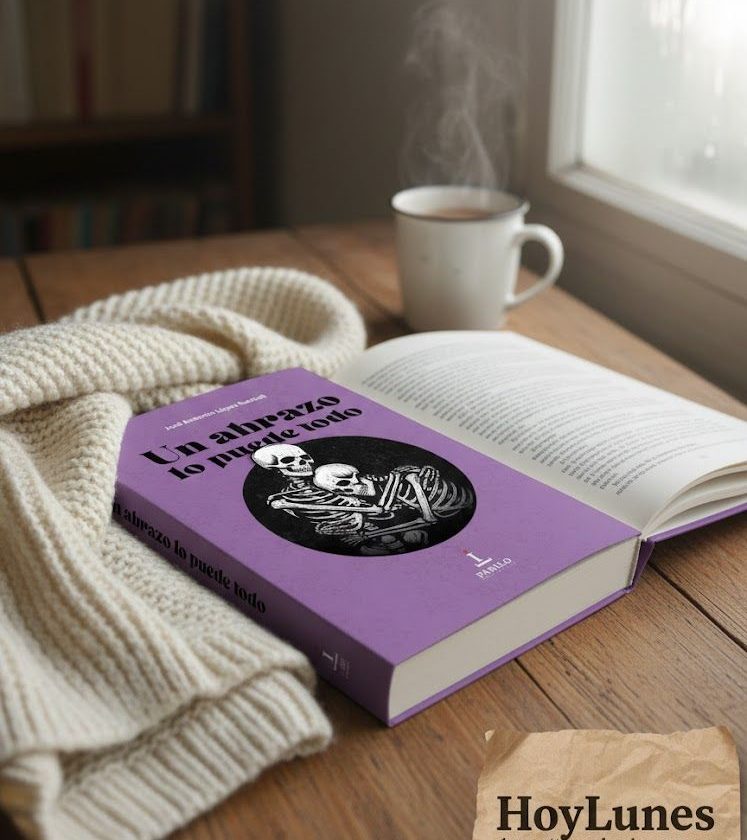A choice that shook the history of cinema: the silent and radical work of Chantal Akerman dethrones Hitchcock and redefines what we understand as cinematic art.
By Jorge Alonso Curiel
HoyLunes – The long-awaited list published by “Sight & Sound” magazine, under the British Film Institute, stirred controversy three years ago when, in its once-a-decade survey of critics and experts, it named “Jeanne Dielman, 23 quai du Commerce, 1080 Bruxelles”, directed in 1975 by Belgian filmmaker Chantal Akerman, as the greatest film in the history of cinema.
It was unexpected that this film—with a title as long as its running time (193 minutes)—which meticulously portrays the daily life of a middle-class single mother who makes her living as a prostitute, would dethrone “Vertigo”, the unforgettable masterpiece by British director Alfred Hitchcock, now placed second, especially since in the previous 2012 list it hadn’t even appeared among the top fifty.
It came as a major surprise to cinephiles and enthusiasts because it was a little-known, almost forgotten film, one that had neither commercial impact nor critical acclaim. Akerman’s filmography had also faded from memory; she took her own life in Paris at the age of 65, in 2015. Yet she deserved far more recognition, for she was a pioneering feminist filmmaker—an essential figure in the fight for gender equality, a cause that remains deeply relevant today.
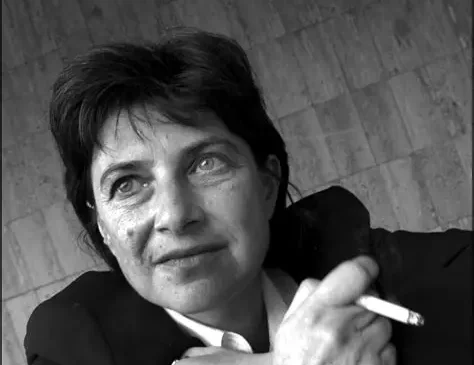
Chantal Akerman: a filmmaker of everyday life and solitude.
Chantal Akerman was born in Brussels into a Jewish family of Polish origin. Besides being a filmmaker with a distinctive personal style, she acted in some of her films, wrote four books, exhibited video installations in museums and galleries, and taught at the European Graduate School. She was a restless, original, experimental, and daring director—she was the first to depict lesbian sex scenes in “Je, tu, il, elle” (1974)—who found her calling after seeing “Pierrot le fou” (1965) by Jean-Luc Godard, a key figure of modern cinema and the “Nouvelle Vague”.
Akerman captured the historical moment she lived in, driven by a profound concern to reflect on the anxieties of the female condition. She directed no fewer than 42 films, including shorts and features. Her name and her unmistakably auteur cinema—personal yet free, unconcerned with commercial trends or mass appeal—returned to the spotlight and captured audiences’ attention thanks to this controversial selection, which not everyone could understand. Her films provoke polar reactions—enthusiasm or rejection—but they never fail to engage; they do not leave viewers indifferent.
And so it is with “Jeanne Dielman, 23…” An original work by an incorruptible filmmaker. In this film, the viewer becomes a close witness to the everyday life of an independent woman in Brussels. With a bittersweet tone, it encompasses all the themes that concerned this deeply committed director: sexuality, the female condition, the demons that inhabit daily life, maternal anxiety, Judaism, exile, solitude, and the disconnection of modern existence. For her cinema is, above all, an inquiry into solitude, discommunication, and existential dissatisfaction—a tragicomic cry born from anguish.
“No Home Movie” (2015) was her final work—her melancholy cinematic testament—before she took her own life due to depression. In it, she appears alongside her mother, a survivor of Auschwitz, who had been a key figure in her life and the one who encouraged her to pursue a career as a filmmaker.
In any case, while it may be difficult to agree with the selection of this film as the greatest of all time, the most important thing is that it brought back into the light a filmmaker who should never be forgotten.
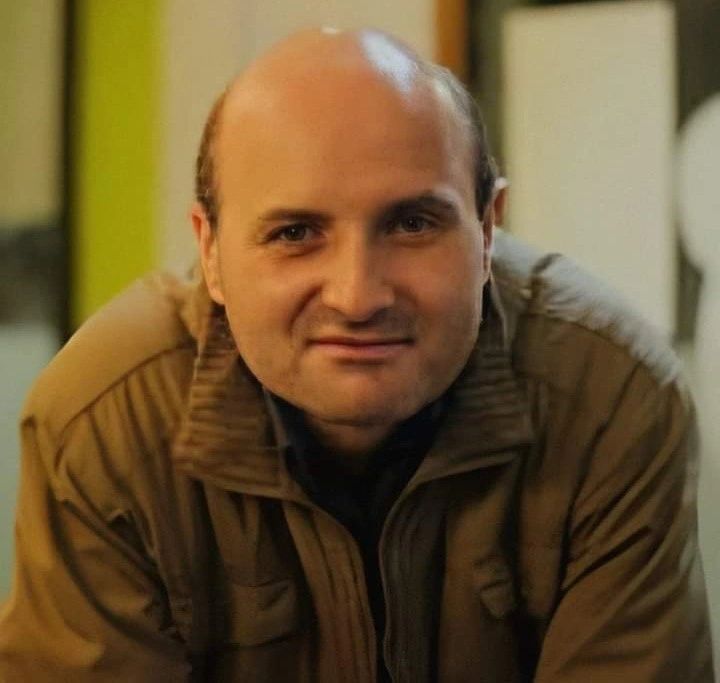
#hoylunes, #jorge_alonso_curiel, #chantal_akerman, #23_quai_du_commerce_1080_bruxelles,
